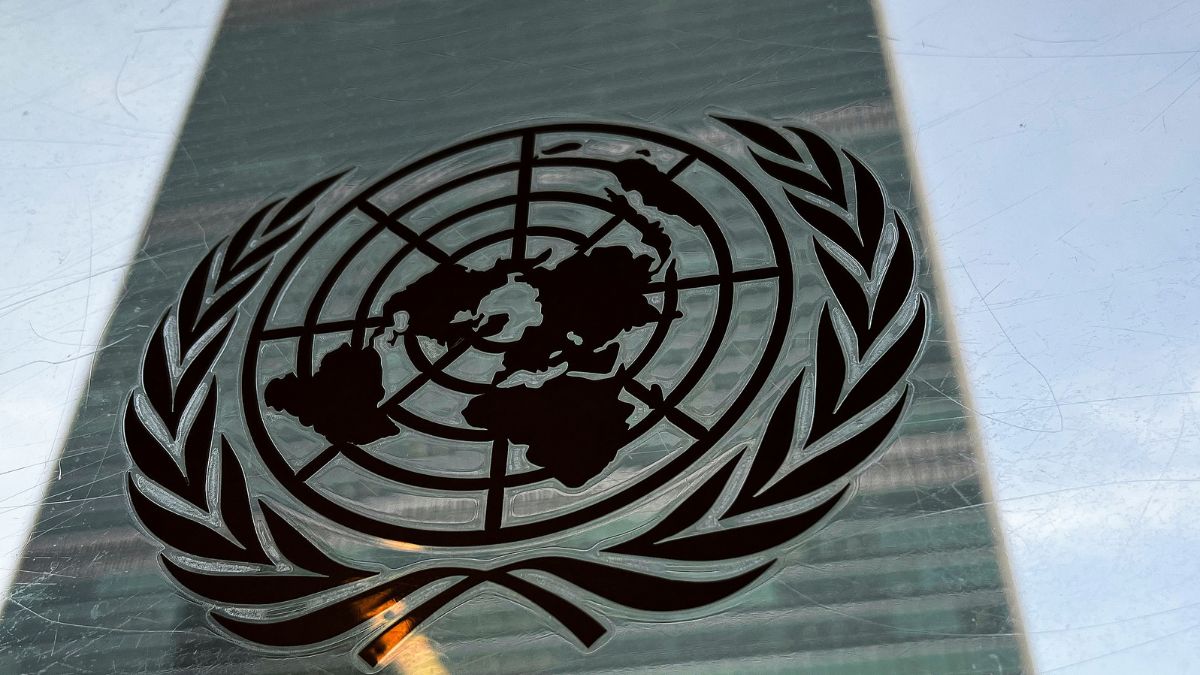World leaders are gathering in New York for the annual United Nations General Assembly (UNGA) high-level debate, which begins its 80th session on Tuesday, September 23, 2025. The event spans several days and features speeches from leaders around the world.
Who will speak when?
The United Nations was established in 1945 with 51 founding members and has since expanded to 193 member states.
In addition, leaders of two non-member observer states — the Holy See and the State of Palestine — as well as an observer entity, the European Union, are permitted to deliver speeches.
Traditionally, Brazil always speaks first at the General Assembly. UN officials explain that in the organisation’s early years, Brazil volunteered to open proceedings when other countries were hesitant to do so.
Following Brazil, the United States, as host nation to the UN headquarters, is second to address the assembly.
After that, the order of speakers is determined by rank and timing.
Heads of state are given priority, followed by deputy heads of state, crown princes, heads of government, ministers, and then lower-ranking representatives, generally on a first-come, first-served basis.
How long will they speak?
Speakers are encouraged to adhere to a voluntary 15-minute limit for their remarks.
However, past sessions have seen leaders deliver much longer speeches.
In 1960, Cuban leader Fidel Castro spoke for approximately four and a half hours, while Libyan leader Muammar Gaddafi went on for more than an hour and a half in 2009.
Editor’s Picks
What will be talked about at UNGA?
Each General Assembly session begins with an overarching theme. While leaders may briefly mention this theme, they are free to focus on other issues of their choice.
This year’s theme is: “Better together: 80 years and more for peace, development and human rights.”
Some of the most pressing topics expected to dominate discussions include:
Gaza
The assembly takes place as the conflict between Israel and Hamas in Gaza nears its two-year mark, with worsening humanitarian conditions.
A global hunger monitoring group has warned that famine has already set in and could spread by the end of the month.
Israeli Prime Minister Benjamin Netanyahu, who faces an International Criminal Court warrant for alleged war crimes and crimes against humanity in Gaza — a charge Israel rejects — is scheduled to speak on Friday.
Last Tuesday, Israel launched a ground offensive in Gaza City.
Palestinian President Mahmoud Abbas will not be physically present, as the United States has refused him a visa.
He is expected to participate via video message.
Ukraine
Ukrainian President Volodymyr Zelenskyy is set to rally international backing for Kyiv while US President Donald Trump attempts to mediate an end to the war, now more than three years since Russia’s invasion.
Zelenskyy will speak on Wednesday, while Russian Foreign Minister Sergei Lavrov will address the assembly on Saturday.
A high-level UN Security Council meeting on Ukraine is scheduled for next week.
Attention will focus on Washington — both during Trump’s speech and at the Security Council — to see if any steps, including sanctions, are announced to push Russian President Vladimir Putin toward negotiations with Zelenskyy.
Iran
Diplomatic efforts are expected to intensify in New York regarding Iran’s nuclear programme. Tehran is trying to prevent the reinstatement of all UN Security Council sanctions, which are set to snap back on September 28.
Iranian President Masoud Pezeshkian and Foreign Minister Abbas Araqchi are both expected to attend the session.
Syria
For the first time, Syrian President Ahmed al-Sharaa will appear at the General Assembly.
His group, Hay’at Tahrir al-Sham (HTS), led a rapid offensive last December that ousted President Bashar al-Assad, ending 13 years of civil war.
HTS, formerly known as the al-Nusra Front, was once al Qaeda’s branch in Syria but severed ties in 2016.
Both the group and Sharaa remain under UN sanctions, but he was granted a travel waiver to visit New York from September 21 to 25.
Climate
As nations strive to limit global warming to 1.5 degrees Celsius, leaders of small island states and other vulnerable countries are expected to push for stronger action on climate change.
Women
Ahead of the main speeches, leaders will gather to commemorate the 30th anniversary of the landmark 1995 United Nations Fourth World Conference on Women held in Beijing, famous for the phrase “women’s rights are human rights.”
The meeting’s focus will be on reaffirming commitments, allocating resources, and accelerating progress on the declaration signed by 189 nations in 1995, which called for “full and equal participation of women in political, civil, economic, social and cultural life.”
However, leaders are also expected to express concerns about stalled progress and increasing challenges to women’s rights globally.
Sudan
The war in Sudan, now in its third year, is also expected to come up in discussions.
The conflict between the Sudanese army and the paramilitary Rapid Support Forces has created what the UN describes as the world’s worst humanitarian disaster, with famine spreading, particularly in al-Fashir, the capital of North Darfur.
The United States, United Arab Emirates, Saudi Arabia, and Egypt — collectively known as the “Quad” — have urged a three-month truce followed by a lasting ceasefire.
These nations are seen as having significant influence over the warring sides.
US-Venezuela tensions
Tensions between the United States and Venezuela have escalated following Washington’s naval buildup in the Southern Caribbean last month.
Venezuela lodged a complaint with UN Secretary-General Antonio Guterres, and since then, the US military has conducted two lethal strikes on suspected Venezuelan drug cartel vessels in international waters.
Venezuela’s Foreign Minister Yvan Gil is expected to bring up the issue during his speech on Saturday.
President Nicolas Maduro has repeatedly claimed that the US seeks to remove him from power.
Race to appoint the next UN Secretary General
The process to select the next UN secretary-general will also be a topic of informal discussions.
Current Secretary-General Antonio Guterres will conclude his second five-year term on December 31, 2026.
The 15-member Security Council must agree on a nominee to recommend to the General Assembly.
This requires consensus among the five permanent members with veto power: the US, Russia, China, France, and the United Kingdom.
With inputs from Reuters
End of Article

)

